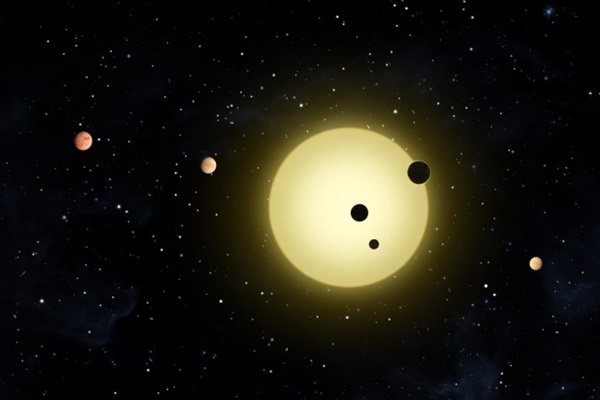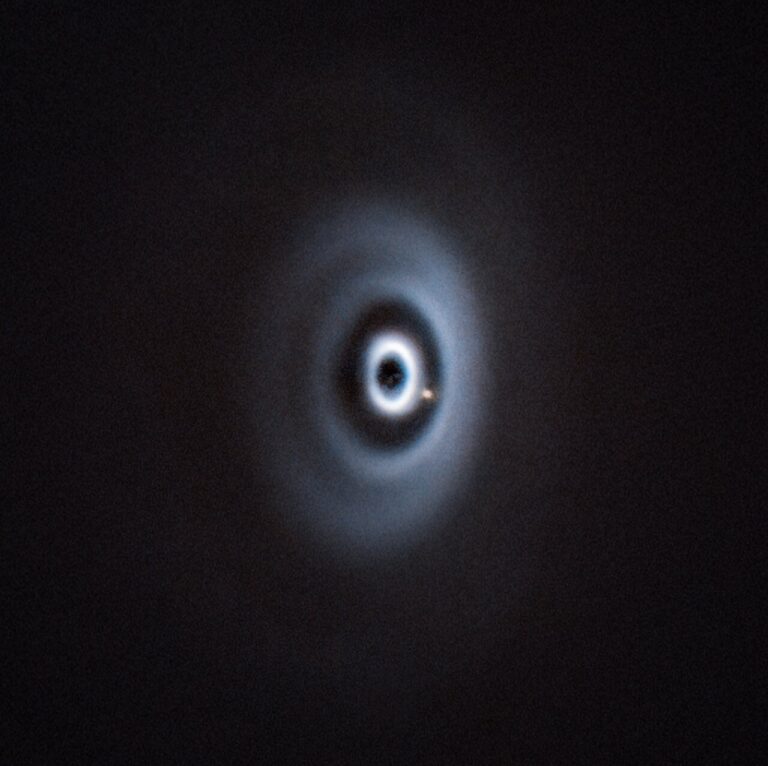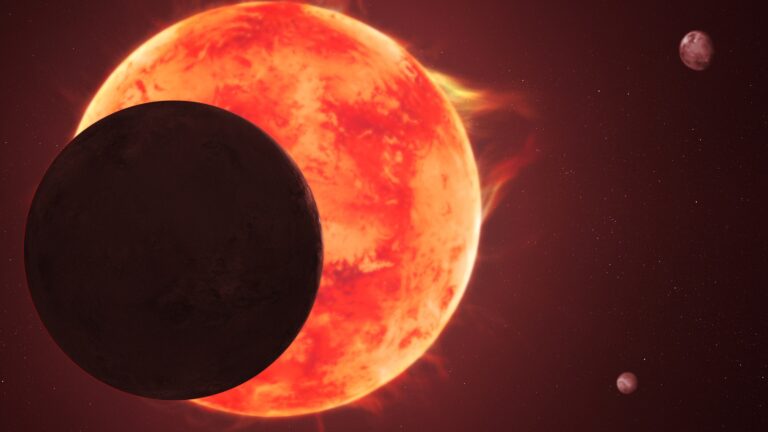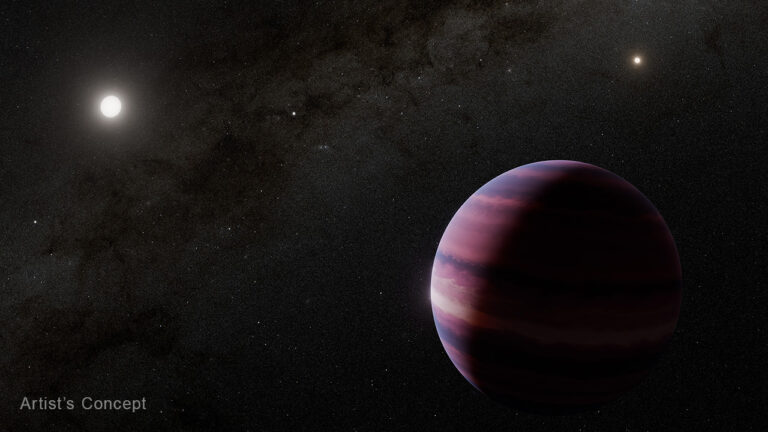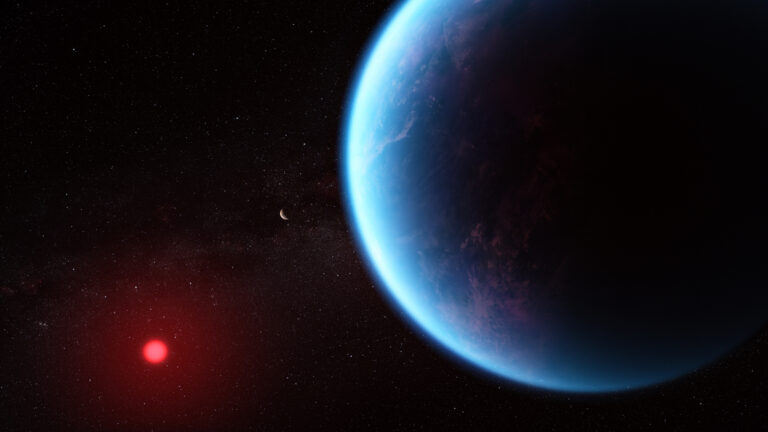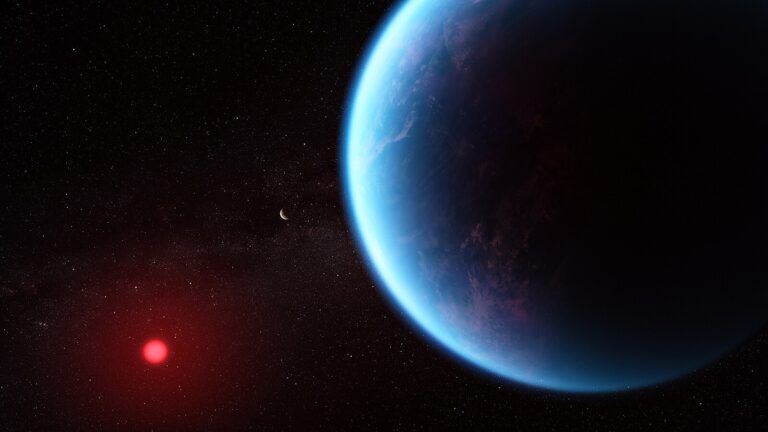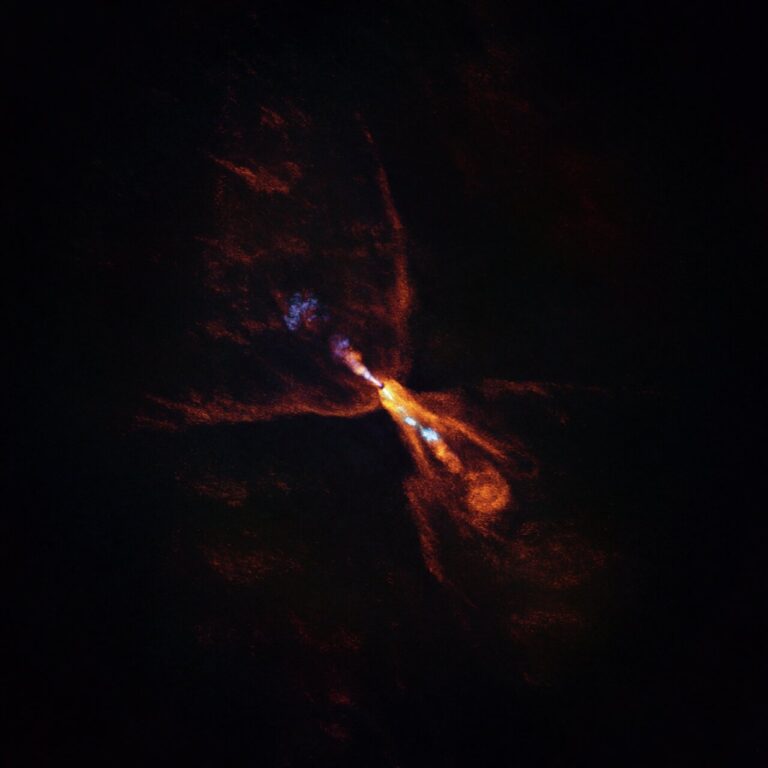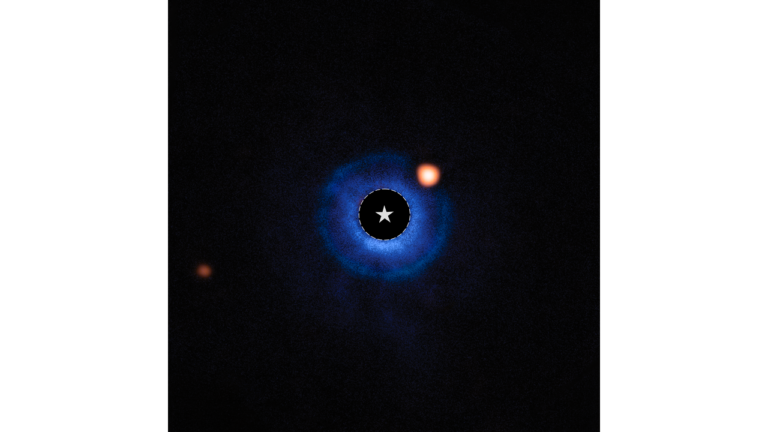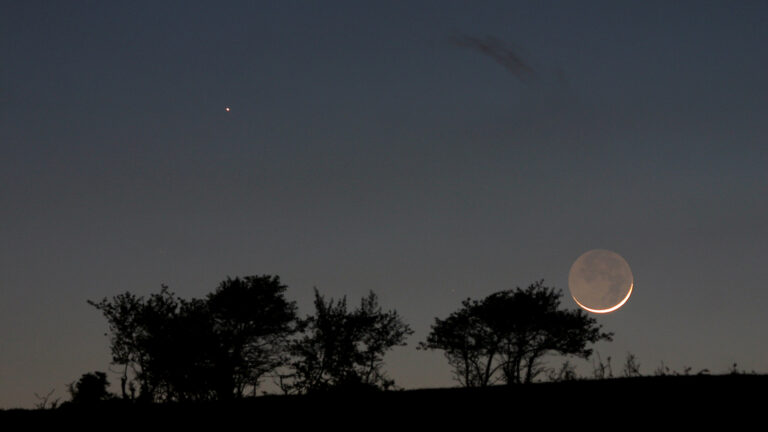Key Takeaways:
That doesn’t mean astronomers can map all of those billions of stars though. When it comes to exoplanets that have been measured or counted in some way, the numbers are much smaller.
The running counter of known exoplanets – as of this writing – stands at 4,108 confirmed worlds. But astronomers are surprisingly good at figuring out what they can’t see. They know that their telescopes aren’t powerful or precise enough to see the stealthiest planets – those that are very small, very far from their stars, or around stars very far from Earth. And conversely, there are regions of space where astronomers are pretty confident they’ve found all the planets within a certain range.
By combining the knowledge of what they can see – the known exoplanets – with the knowledge of what they can’t see – the parts of space currently beyond our ability to investigate – astronomers end up at the approximation of one planet per star.

Would you like to learn more about exoplanets and other solar systems? Check out our free downloadable eBook: Our search for extrasolar planets.

